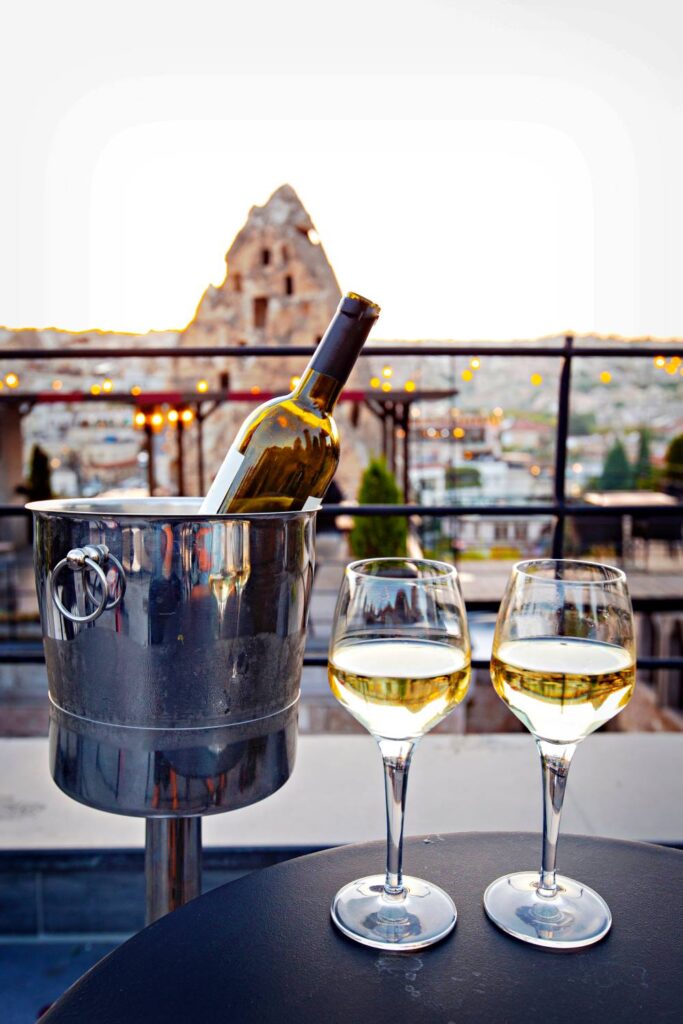In recent months, two key reports – “Adventure Travel Trends 2025” by the Adventure Travel Trade Association (ATTA) and “Future Journeys 2035” by Omio in collaboration with The Future Laboratory – have outlined a clear and consistent vision: the future of tourism will be active, sustainable, personalized, and increasingly experience-based.
This vision naturally aligns with the world of cycle tourism, which is currently undergoing a transformation that goes beyond simple mobility to embrace values tied to quality of life, identity, and connection with the territory.
Travelers in Search of Authenticity and Meaning

Both reports highlight a profound shift in the motivations behind travel choices. People no longer travel just to see a place, but to meet a personal need. Travel becomes an expression of identity, a pursuit of well-being, discovery, or conscious escape.
In the Omio report, this shift translates into a technological and cultural evolution of the travel experience. Trips will increasingly be tailored to people’s emotional needs, thanks to artificial intelligence capable of analyzing preferences, moods, and habits to offer personalized itineraries. Booking platforms will become intelligent ecosystems, able to provide complete, seamless, intermodal, and even “no-prep” solutions – requiring no prior organization.
The ATTA report confirms the growing interest in authentic and transformative experiences that combine discovery, contact with nature, and physical activity. It’s a form of tourism that engages both mind and body, moving towards slower, more sustainable, and mindful ways of travel.
Opportunities for Operators and Destinations

The outdoor sector is also showing real growth on the economic front. According to ATTA data, tour operators involved in adventure tourism are seeing significant revenue increases, driven by growing demand for specialized and high-quality experiences.
Among the most requested activities are:
- Gastronomic tours and “food-trekking”
- Hiking, cycle tourism, and wildlife viewing
- Local cultural experiences and sports travel
These trends open up new opportunities for tour operators, agencies, and destinations. Offering thematic trips that combine nature, sport, and culture is no longer a niche, but an effective strategy to meet rising demand, including from those who haven’t yet experienced an active holiday but are interested in trying one.
Sustainability as a Foundation, Not an Option
Sustainability is no longer an add-on but a top priority in travel choices. The data confirms it: 86% of Millennials and over 60% of Gen Z say they want to travel sustainably. Additionally, 73% of travelers want to avoid overcrowded destinations, preferring less-traveled places and alternative times of year.
Smart technologies will increasingly guide the organization of low-impact, lightweight trips. Platforms will offer packages with locally rented services (clothes, bikes, strollers), eliminating the need for large luggage. Reward systems will also emerge for those who choose low-impact transport such as trains or bicycles, offering tangible benefits in pricing and cultural access (such as the CopenPay program in Copenhagen).
Intermodality and Soft Mobility

The future of travel will be intermodal. Trains, bikes, ferries, and light public transport will increasingly be integrated into a single experience. Smart platforms will suggest the best routes based not only on cost and time but also environmental impact, personal preferences, and weather conditions. The train, in particular, is poised to become the fastest-growing means of transport due to its low impact and immersive experience.
Soft mobility – and cycle tourism in particular – will benefit from this paradigm shift, as it can become part of broader, more fluid tourism networks built around shared values: slowness, well-being, authenticity.
Travel will no longer be just a transfer, but an integral part of the experience. Every movement, even a short one, can become a narrative moment, enriched by digital content, personalized suggestions, and spontaneous discoveries. In this sense, intermodality becomes more than a logistical choice – it’s central to the quality of the experience.
Digital Generations in Search of Real Experiences
Finally, the Omio report highlights the key role of Generation Alpha. Born and raised in digital environments, they will seek physical, tangible travel experiences that bring online curiosity to life. For these young people, travel won’t just be an option – it will be a necessary form of personal expression and authentic connection with the world.
This scenario opens great opportunities for those who can offer travel formats that combine digital language with real-life experiences, providing journeys aligned with new cultural and environmental sensitivities.
The data and scenarios presented in the two reports converge on one fundamental point: the travel of the future will be built around the person, their values, and their emotions. It will be sustainable, connected, accessible, and immersive.
For active tourism operators and destinations focused on quality, a time of great transformation and opportunity is beginning. Understanding and anticipating these changes is now the key to building offers that meet the expectations of tomorrow’s travelers.
Cycle tourism, by its very nature, is perfectly positioned to lead this evolution.



